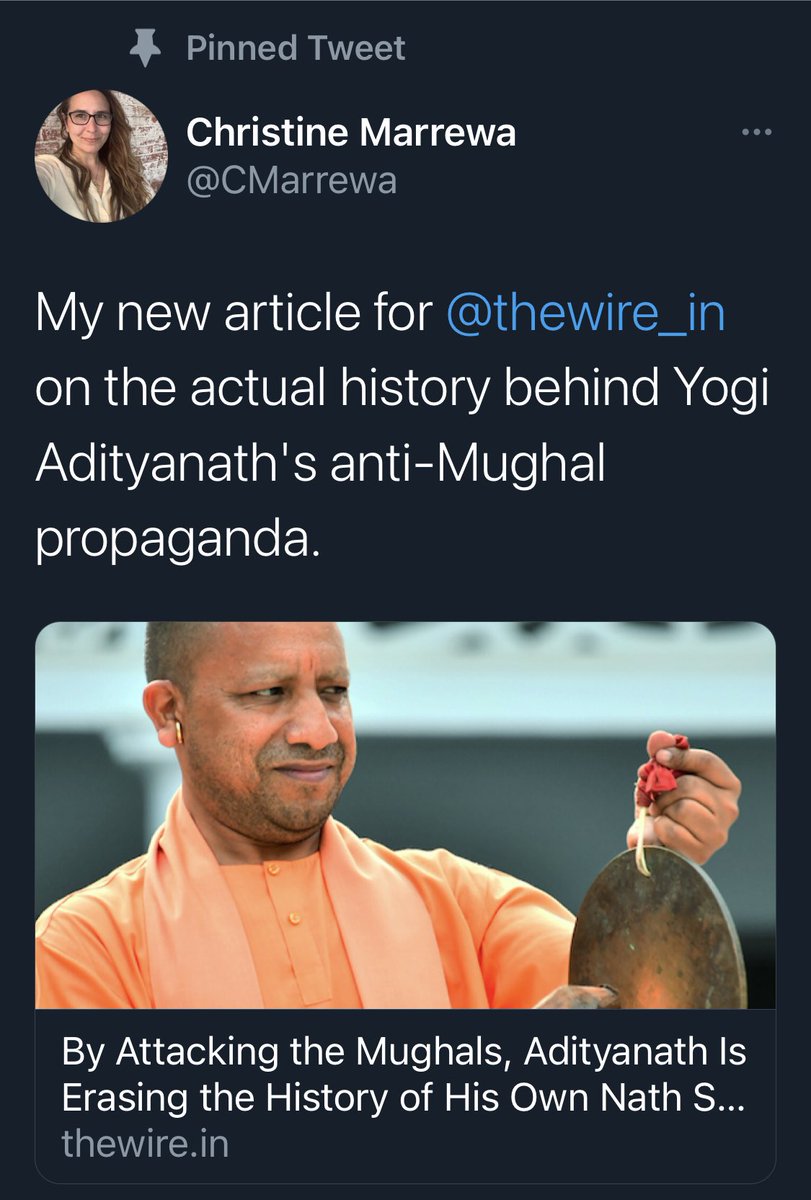
Remembered visiting this incredible Shiv Temple in Bhojpur.
If we were not still rules by a colonial state all these places vandalized by invaders would be restored to Hindus.
Invaders destroyed and the colonial state denies.
If we were not still rules by a colonial state all these places vandalized by invaders would be restored to Hindus.
Invaders destroyed and the colonial state denies.

Hindus are not allowed to perform their rituals here. They persist sometimes but offerings are barred and removed.
Colonial State tramples on basic indigenous rights.
Colonial State tramples on basic indigenous rights.

Yes, but it is removed. And there are no Pujaris conducting proper rituals and maintaining sanctity.
https://twitter.com/drbwahahahaha/status/1442326047471509505
Update: This is wonderful, if true. Wasn't there when I visited a few years ago.
Still temple should be managed by Hindus not ASI.
Still temple should be managed by Hindus not ASI.
https://twitter.com/shaunakbshah/status/1442683473559384064?s=20
• • •
Missing some Tweet in this thread? You can try to
force a refresh











